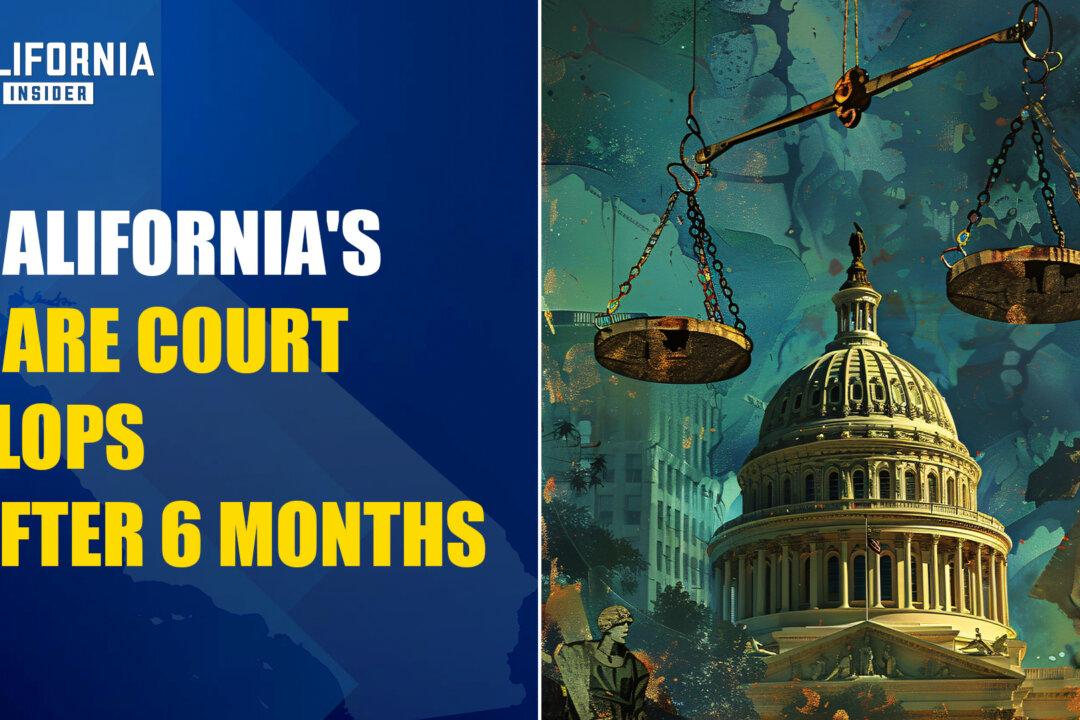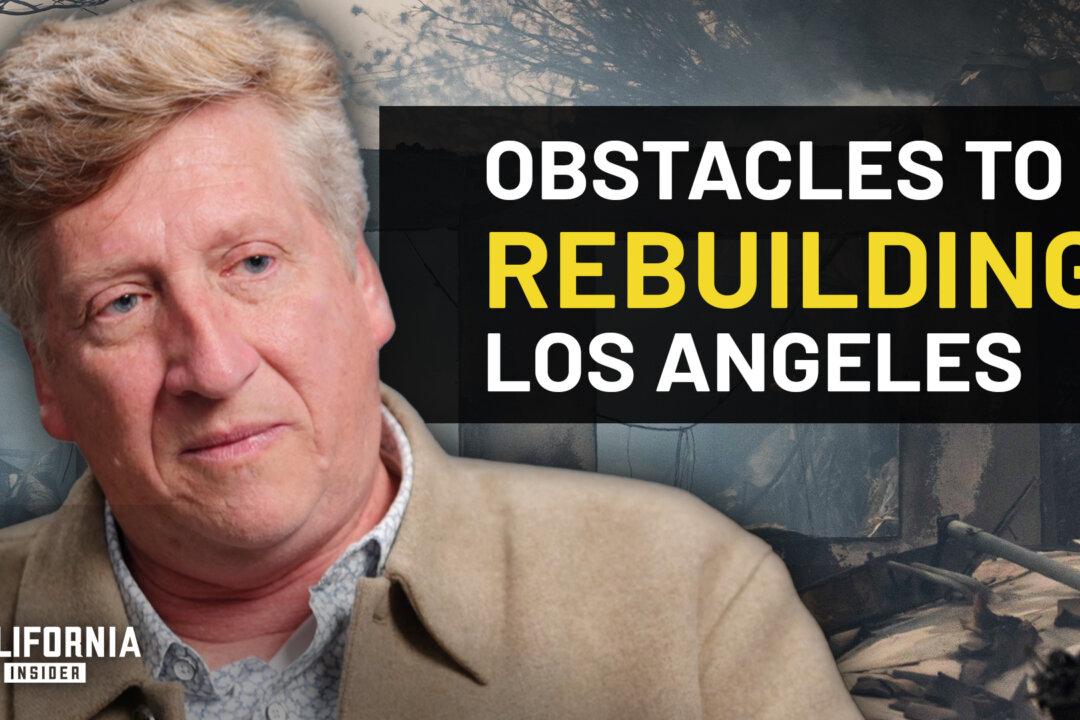California has invested significant resources in a new mental health court program aimed at helping individuals struggling with homelessness, severe mental illness, and addiction. However, as Beige Luciano-Adams of California Insider reports, the program has encountered challenges in its initial rollout that raise questions about its effectiveness and whether it can fulfill its intended goals.
California’s Multi-Million Dollars CARE Court Program Flops After 6 Months | Beige Luciano Adams

|Updated:




